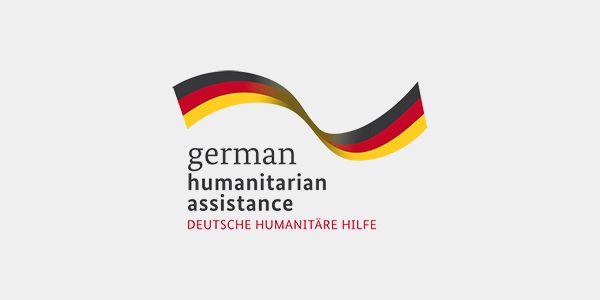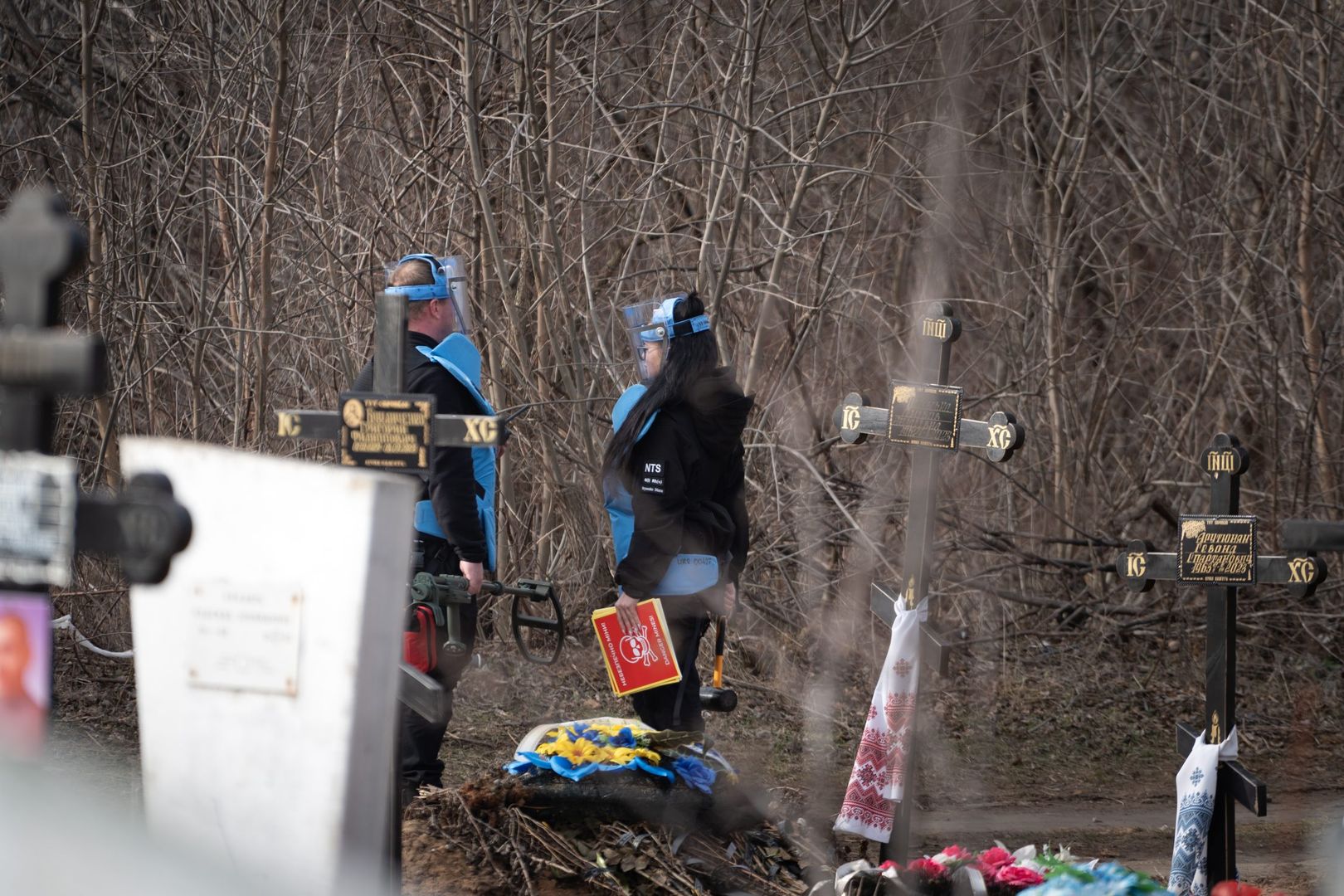The Issue
The war in Ukraine has created severe humanitarian challenges, particularly regarding mental health and humanitarian mine action. According to the WHO, over 10 million people in Ukraine – nearly a third of the population – now suffer from mental health problems because of the war. These issues include post-traumatic stress disorder (PTSD), anxiety, and depression, all stemming from the ongoing conflict and its devastating impact on daily life. Additionally, the State Emergency Service of Ukraine (SES) reports that 156,000 square kilometers of Ukrainian territory are potentially contaminated with explosive objects due to the full-scale war. This area is roughly 25 percent of the country.
Over 6 million Ukrainian citizens still live in at-risk areas, constantly facing the dangers of unexploded ordnances. Addressing these challenges requires a comprehensive approach that includes humanitarian mine action and psychosocial support. Efforts must focus on clearing contaminated land to ensure safe living conditions and providing mental health services to help individuals cope with trauma. By tackling both the physical and psychological impacts of the war, we can work towards a safer, healthier future for the people of Ukraine.
The Project
DCA/NCA is conducting non-technical and technical surveys to find evidence of explosive ordnance. This ensures a mapping of dangerous areas in Ukraine. Areas confirmed to be contaminated of explosive ordnance will be marked and reported. This effort also teaches communities the dangers of explosive ordnance and how to stay safe – particularly in areas, where heavy fighting has taken place.
Mental health is another issue, which is vital in Ukraine. This is being tackled in the project by providing individual psychological counselling, having therapeutic groups, and giving workshops on mental health and gender-based violence. These initiatives support women, girls, and survivors of gender-based violence with coping skills, emotional well-being and opening to talk about traumas.
Cash transfers are given to groups, who are locally driven and know the ever-changing needs of the people. The flexible cash transfers support community initiatives in a wide variety of ways based on the current needs.
The Change
This project aims to improve safety, living conditions, protection, and independence for vulnerable people affected by the war in Ukraine and nearby countries.
DCA/NCA humanitarian mine action teams’ surveys will find and confirm the presence of explosive ordnance. These surveys along with the awareness raising of the danger of explosive ordnance in the ground will reduce the danger for residents. This is relevant to help save lives in Ukraine.
The psychosocial support activities (including individual counselling, group therapy and workshops) will help women, girls, and gender-based violence survivors deal with trauma and stress. It will also create support groups for teenage girls and displaced women, helping them build peer networks and learn coping skills. The emotional well-being and mental health effects will aim to reduce the number of people who suffer from mental health issues in Ukraine.
Flexible cash transfers will support community-led initiatives, focusing on inclusivity and local accountability. By working with local healthcare facilities and NGOs, the project ensures a coordinated and effective response to the needs of those affected by the crisis. This meets the needs of the people affected by war and helps build strong Ukrainian NGOs.
Our Work
Through DCA/NCA’s surveying and information activities, knowledge about the dangers and whereabouts of explosive remnants of war will greatly increase, leading to fewer injuries and fatalities. Educating people on safe behaviour in areas with explosive ordnance risks will significantly reduce accidents, injuries, and deaths. This supports DCA/NCA’s overall goal of saving lives.
DCA/NCA empowers individuals and communities to building resilience. Ukrainian communities face the diverse and damaging consequences of war. DCA/NCA focuses on helping them manage risks and adapt, linking this to humanitarian response to connect long-term development with emergency interventions. We also help build self-confidence, trust, and community structures.
About the project
Full title: Integrated humanitarian response for conflict affected Ukrainians and third country nationals in Ukraine, Poland, Romania, and Moldova
Period: July 2023 – June 2026
Funding: EUR 2,087,518
Expected number of people reached: 30,820
Main Donor: German Federal Foreign Office (GFFO)


